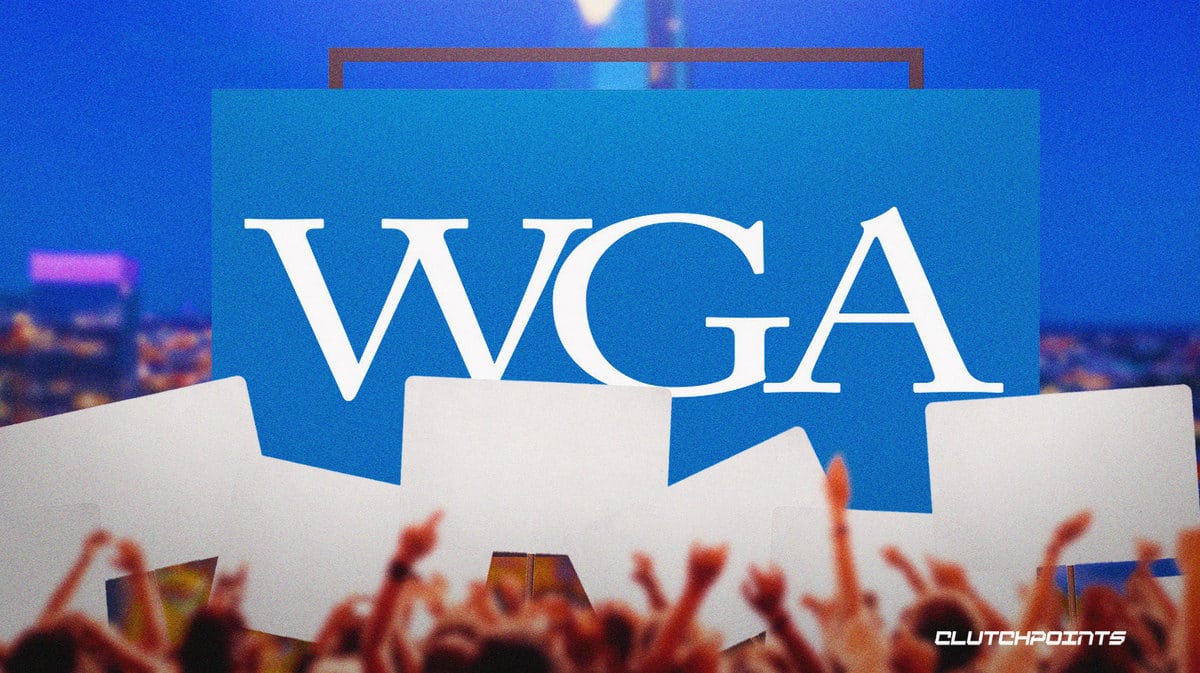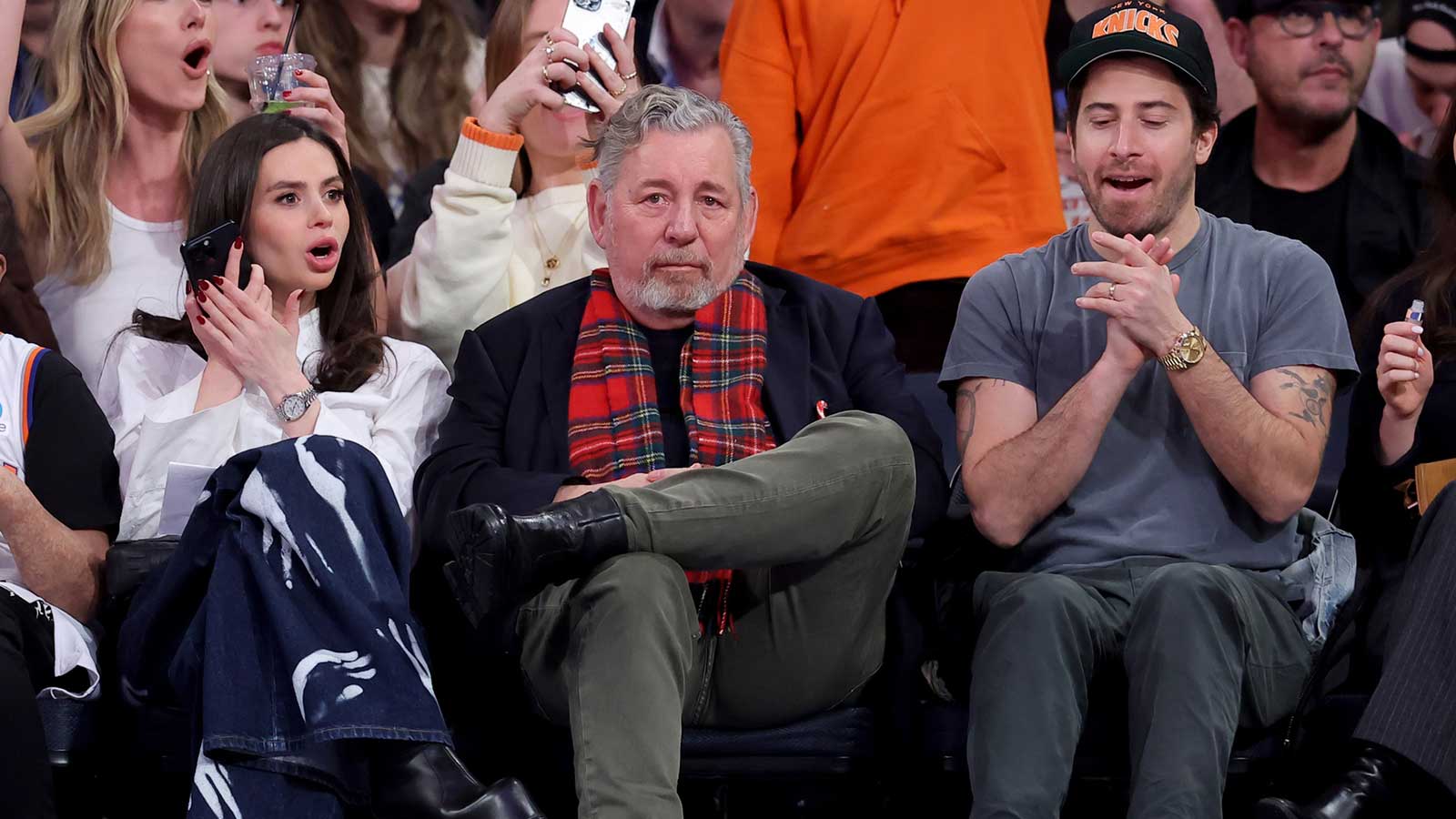It's been 100 days since WGA writers said “pencils down” and went on strike to protest the Hollywood studios' unwillingness to negotiate an expansive new labor deal accounting for the rapidly changing media landscape.
This was the exact point at which the last writers strike, in 2007-2008, ended. In the current strike, there is still no end in sight, though writers remain optimistic a deal will work out at some point. Though it is anyone's guess as to how soon to expect a resumption in negotiations.
There was a brief glimmer of hope last Friday, when the WGA West’s Chief Negotiator Ellen Stutzman and her General Counsel Tony Segall met with the head of the AMPTP, Carol Lombardini, and her team although not much headway was made. According to an email sent to WGA members on Friday evening, Lombardini stressed in the meeting that the studios “were willing to increase their offer on a few writer-specific TV minimums – and willing to talk about AI – but that they were not willing to engage on the preservation of the writers’ room, or success-based residuals. She did not indicate willingness to address screenwriter issues, Appendix A issues, and many of the other proposals that remain on our list.”
The WGA Negotiating Committee explained that they remained “willing to engage with the companies and resume negotiations in good faith to make a fair deal for all writers, even with this early confirmation that the AMPTP playbook continues. But rest assured, this committee does not intend to leave anyone behind, or make merely an incremental deal to conclude this strike.”
Now, the co-chairs of the WGA Negotiating Committee, Chris Keyser and David A. Goodman, have issued a statement to Deadline to comment on the 100th day of the standoff. The statement reads: “The refusal to take writers’ reasonable proposals seriously has caused the WGA strike to last 100 days and counting; it serves only as a milestone of shame for the AMPTP. They and their member studios are wholly responsible for the over three-month shutdown of the industry and the pain it has caused workers and all others whose livelihoods depends on this business. The cost of settling the WGA and SAG-AFTRA strikes is far less than the damage their intractability has caused. Ultimately, the studios have no choice but to make a fair deal. Until then, we remain resolved and united.”
As we reported last week, the SAG-AFTRA strike in conjunction with the WGA strike has strengthened both unions' resolve and provided a boost of morale and extra energy on the picket lines. However, it has not yet forced the AMPTP's hand, and it remains to be seen when the Hollywood studios are going to be willing to head back to the negotiating table. The longest strike in WGA history was the 1988 writers strike, which lasted 154 days. With the current strike now surpassing the length of the 2007/2008 labor stoppage, the ominous milestone of longest writers strike ever is not very far away.
Note: Josh Silverstein is a member of the WGA, West.




















